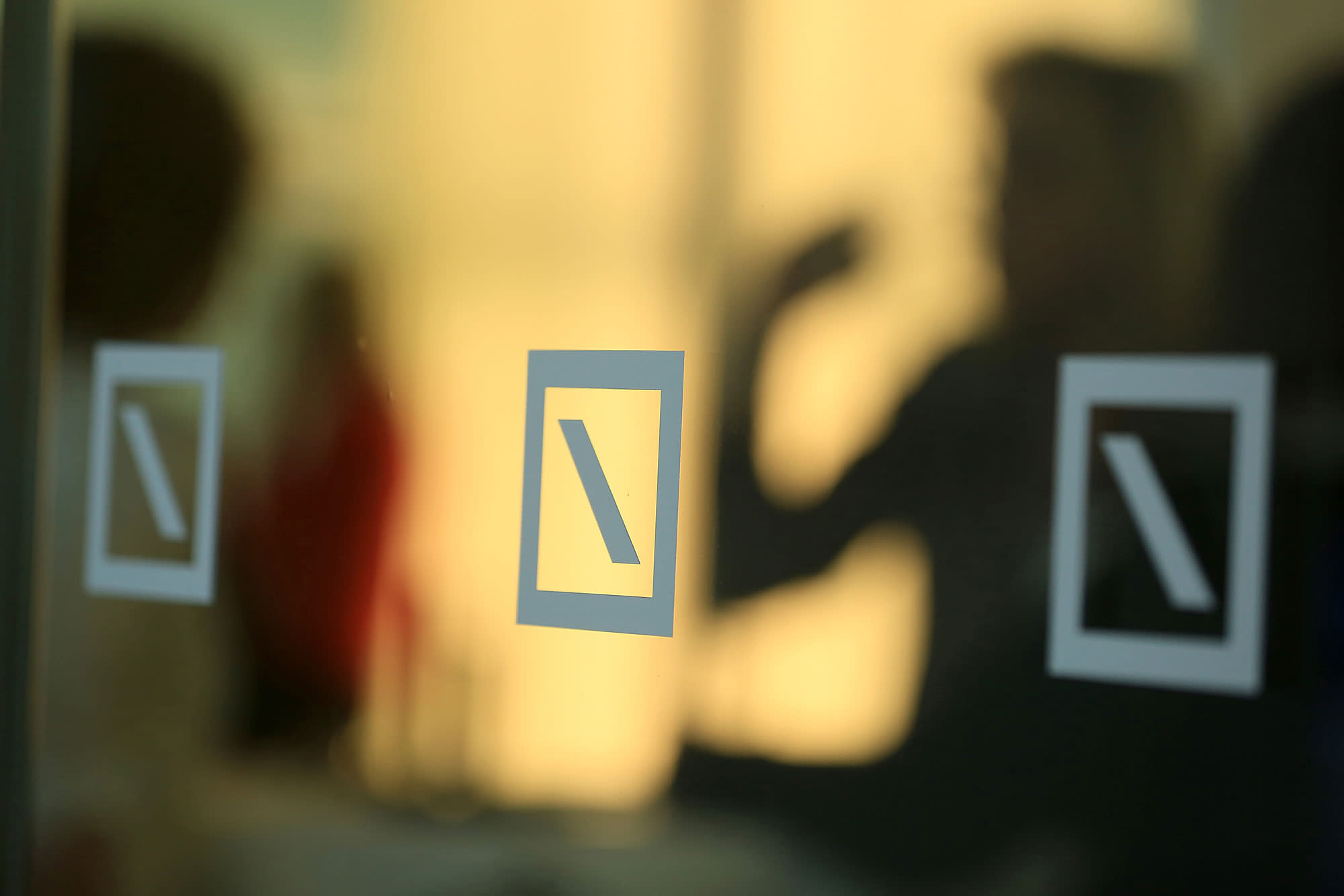Hits: 7

A federal judge on Monday said that a deceptive commodities trading tactic known as spoofing can be prosecuted under the wire fraud statute, a decision that will allow a criminal case against two ex-Deutsche Bank precious metals traders to move forward.
The decision by Judge John Tharp in U.S. District Court in Chicago also supports federal prosecutors’ efforts to criminally charge individuals for spoofing trades dating as far back as 10 years, the statute of limitations for wire fraud that affects a financial institution.
The charges of commodities fraud and violations of the Dodd-Frank Act — which explicitly made spoofing a criminal offense — have shorter statutes of limitations, of six years and five years, respectively.
James Vorley and Cedric Chanu, the traders in the case before Tharp, were indicted in July 2018 on charges of conspiracy and wire fraud.
Tharp’s decision allowing the use of the wire fraud statute came in response to a motion to dismiss the case by lawyers for Vorley and Chanu.
Prosecutors said the two men manipulated precious metals futures markets from 2009 to 2011 individually, in coordination with one another, and with a third trader, David Liew.
The trades identified by prosecutors allegedly involved spoofing, which involves placing trade orders with the intent to cancel them before they can be executed.
The goal of the tactic is to affect the price of the commodity so as to improve the performance of a pre-existing trading position in the market.
Lawyers for Vorley and Chanu had argued that the trades for which they were charged did not constitute so-called materially false statements, as is required for a charge to be filed under the wire fraud statute.
In his ruling Tuesday, Tharp said, “This case presents the question of whether a scheme to defraud commodities traders by placing ‘spoofing’ orders — orders that the trader intends to withdraw before they can be filled — can constitute wire fraud.”
“The defendants say no, because wire fraud requires the making of a false statement — an express misrepresentation — and the indictment alleges none,” Tharp wrote. “That is not the law.”
Tharp noted that the U.S. Seventh Circuit Court of Appeals previously ruled that spoofing “can constitute a ‘scheme to defraud’ under the commodities fraud statute.”
“As there is no material difference between a scheme to defraud under either statute, the answer to the question presented is, yes: the alleged spoofing scheme alleged in the indictment adequately charges violations of the wire fraud statute,” Tharp said.
Tharp noted that the questions of whether the former Deutsche Bank traders’ orders were, in fact, misleading and material, must be resolved at trial, instead of by a motion to dismiss the case.
Vorley’s attorney, Roger Burlingame, in a statement to CNBC, said, “The government’s charges have always been and remain absurd.”
“James’s trading was perfectly legal, and no market participant could possibly have been defrauded by live, at risk offers to trade on an anonymous exchange. We look forward to winning at trial,” Burlingame said.
Michael McGovern, a lawyer for Chanu, said in an emailed statement, “As Judge Tharp repeatedly noted in his decision, the Government has yet to prove that Cedric did anything wrong — and we look forward to trial, when it will become clear that he did not.”
“We will continue to mount a forceful defense on his behalf,” McGovern said.
The Department of Justice declined to comment on the ruling.
Liew, who previously worked with Vorley and Chanu as a junior trader on the precious metals desk for Deutsche Bank, pleaded guilty in June 2017 to one count of conspiracy to commit wire fraud and spoofing.
Liew is a cooperating witness for prosecutors. He is awaiting sentencing.
The Justice Department has been aggressively cracking down on spoofing in the precious metals market. Federal prosecutors have lodged 13 spoofing cases against 19 defendants in the past five years.
In September, prosecutors indicted three J.P. Morgan precious metals traders — including the global head of base and precious metals trading — on charges that include racketeering conspiracy in connection with an alleged multiyear scheme to manipulate the precious metals futures markets.
Trade groups, including the Futures Industry Association, the U.S. Chamber of Commerce, the Bank Policy Institute and the Securities Industry and Financial Markets Association all filed briefs in January and February supporting Vorley and Chanu’s argument to dismiss the charges.
In FIA’s filing, the leading global trade organization says it “objects to the government’s attempt to expand the wire fraud statute in a new way that unnecessarily invites harm to legitimate trading and the vitality of the futures markets.”
In addition, the FIA cautioned that “if accepted, the government’s theory of liability poses a serious risk of chilling legitimate, non-fraudulent trading by FIA’s members and other market participants,” the filing says.
Be the first to comment